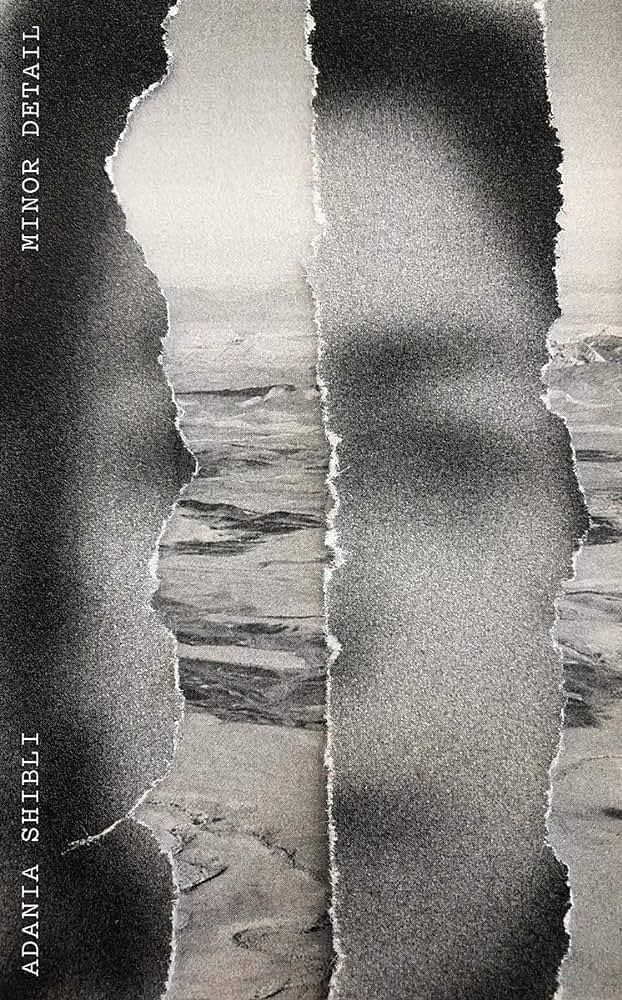
In one of her interviews, author Adania Shibli admits that Minor Detail started as a linguistic anxiety, an exploration of how complacency of language can inflict and deflect pain, and more so, how pain can shape language. The resulting silence of an oppressed history is hinted at, as something not just inflicted on the Palestinians but also used as a tool of resistance. A silence which is not merely an absence of words, but a linguistic inaccessibility.
The book is set in the Israeli military's occupation of Palestine in 1948. A young Palestinian woman is sexually assaulted, murdered, and then concealed by soldiers in the Negev desert. Many years later, a Palestinian author undertakes a perilous journey to uncover more details about this seemingly ‘minor’ incident within the broader context of a heinous atrocity. The narrator feels a connection to the brutally murdered woman since she was born precisely 25 years after her death.
The story is told objectively in the first section through prose that awaits revelation. It is ritualistic in the sense that you anticipate the customary to occur. However, when it fails to happen, one is confronted with the horror of continuing in the way of a tranquil routine. The Israeli officer routinely kills insects out of ignorance or habit. He is bitten by an animal and spends his days in excruciating pain. The stench exuding from his wound eventually appears inseparable from the Bedouin girl’s body reeking of gasoline. Evoking Lady Macbeth, the crime and the stench won't go away with all that washing.
Through evocative prose that transcends the passage of time and varying perspectives, Minor Detail exposes the harsh reality of a barren landscape where the sands of the story constantly shift in the quest for truth. This transition unfolds from the story's centre to its margins, from the ‘significant’ to the seemingly ‘trivial’, all while "nothing moves except the mirage." Moving away from the major/ grand narratives, the book’s distant emotional standing reflects a prevailing sense of dispossession, and powerlessness, as occupying forces continue to cast shadows over both the physical bodies and collective memories of a land that was once home but has now become a settlement. What becomes starkly apparent is that the erasure extends far beyond that 'minor detail' of a single tragic event.
This book also explores the power of naming and namelessness. Even without a name, the protagonist serves as a form of resistance in addition to a means of reclaiming power. Israel is a country where place names are constantly changing and vanishing. Many settlers give their children Hebrew names, and geographical names are also frequently changed. However, there are several Minor Details that remain constant throughout both parts of the book, serving as a unifying force: the barking dog, the cane grass, the spiders, and the gasoline scent.
Despite the brevity of Minor Detail, the weight it bears on the heart is immeasurable. Even in translation by Elizabeth Jaquette, Shibli's artistry captures the multilayered injustice of the occupation and the anguish of a disempowered nation. In this book, the term "haunting" is not an exaggeration but an understatement. Minor Detail doesn't just wear the label, it embodies it, making it a vital archival narrative for anyone who wishes to delve into the real, lived history of Palestine, etched not in the museums and archives of occupying forces but in the bodies and memories of its resilient people.